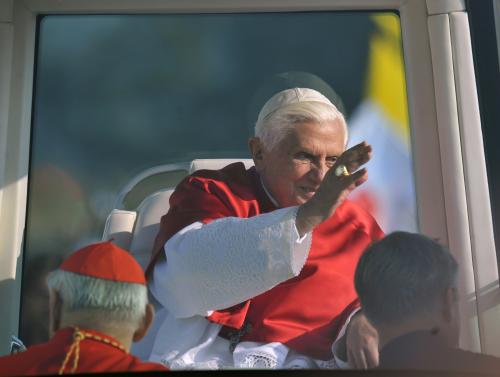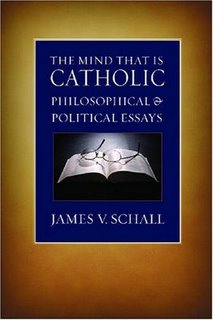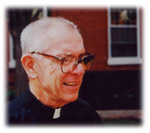Reason, Revelation and The Catholic Mind
During Pope Benedict XVI’s recent trip to the Czech Republic, the pope emphasized that Europe had been deeply shaped by its Christian roots. Invoking his own background as an academic, he warned the Czech academic community against allowing a modern-day preoccupation with reason to cancel out faith. 
“What will happen if our culture builds itself only on fashionable arguments, with little reference to a genuine historical intellectual tradition, or on the viewpoints that are most vociferously promoted and most heavily funded,” he asked.
In another address to Czech academics in Prague, the pope inveighed against the perils of relativism. He also underlined the need to mend “the breach between science and religion.”
Some young Christians said they felt alienated by the pope’s “moral absolutism” who appeared more intent on preserving the church’s traditions than an adapting to modern times.
“A pope’s visit should energize all Christians,” said Daniel Barton, 25, a youth leader in the country’s largest protestant denomination, “but I find his social conservatism quite ridiculous.”
“The Vatican and this pope have been absolutizing the traditions of the past without thinking of the reasoning behind these rules, which is what Jesus was fighting against.”
The very week that he returned, an editor of Zenit, a news agency specializing in coverage of the Holy Father, life in the Holy See, and events of interest to the Church, published an interview with Jesuit Fr. James V. Schall, a professor of political philosophy at Georgetown University in Washinton, DC. Fr. Schall is also the author of The Mind that is Catholic: Philosophical and Political Essays. The book was published by Catholic University of America Press in November 2008. The book explores the habits of being that allow one to use the tools of faith and reason to explore all things seen and unseen. 
“It is characteristic of the Catholic mind,” states Fr. Schall, “to insist that all that is knowable and considered by us in our reflections on reality. ”
“It was Aristotle who warned us that the reason we do not accept the truth even when it is presented to us is because we do not really want to know it. Knowing it would force us to change our ways. If we do not want to change our ways, we will invent a “theory” whereby we can live without the truth.”
“The ‘primary’ source of the Catholic mind is reality itself,” said Fr. Schall, “including the reality of revelation.” “The source of our knowledge,” he goes on to say, “is not a book but experience of being and living, an experience that will often include those whose lives are already touched by grace.” 
Pope Benedict XVI is an intellectual, an academician who happens to be pope. A bookish man, and probably the most conservation and ecologically-minded pontiff we have ever had, you would think he would be open to nature being a source of revelation of God and humanity–but he is not. He is stiffly fixated on homosexual sex and relationships as unnatural.
In his December 2008 address to the Curia, the Vatican’s central administration, the Pope himself described behavior beyond traditional heterosexual relations as “a destruction of God’s work”.
He said the Roman Catholic Church had a duty to “protect man from the destruction of himself” and urged respect for the “nature of the human being as man and woman.”
The pontiff added: “The tropical forests do deserve our protection. But man, as a creature, does not deserve any less.”
Can lived experience can be an instrument of God’s revelation? If so, what is God saying about the increasing openness and acceptance of loving gay and lesbian relationships and commitments? That is something for the Catholic Mind, including the Holy Father’s, to grapple with–not dismiss out-of-hand as a product of relativism.
I hope he picks up this book.
